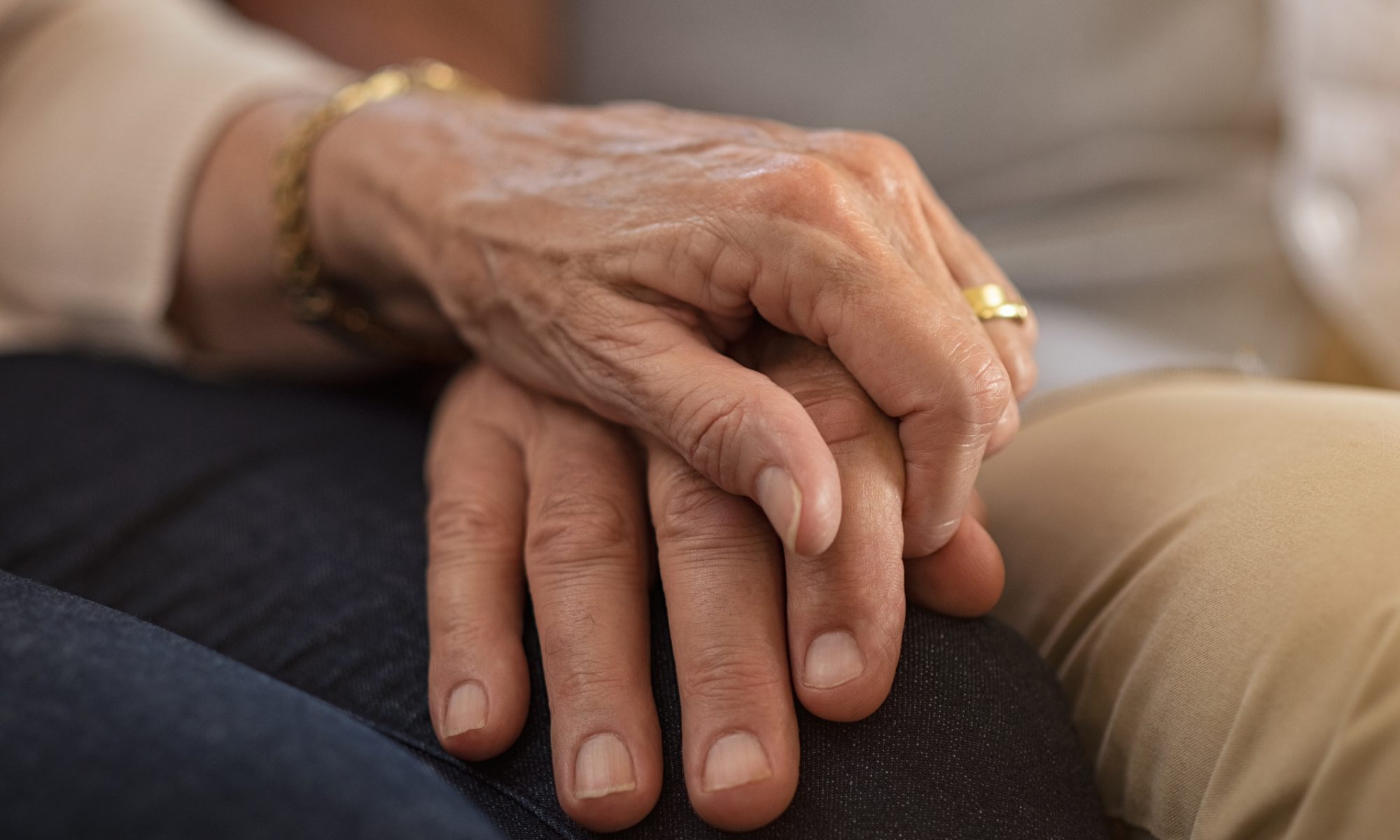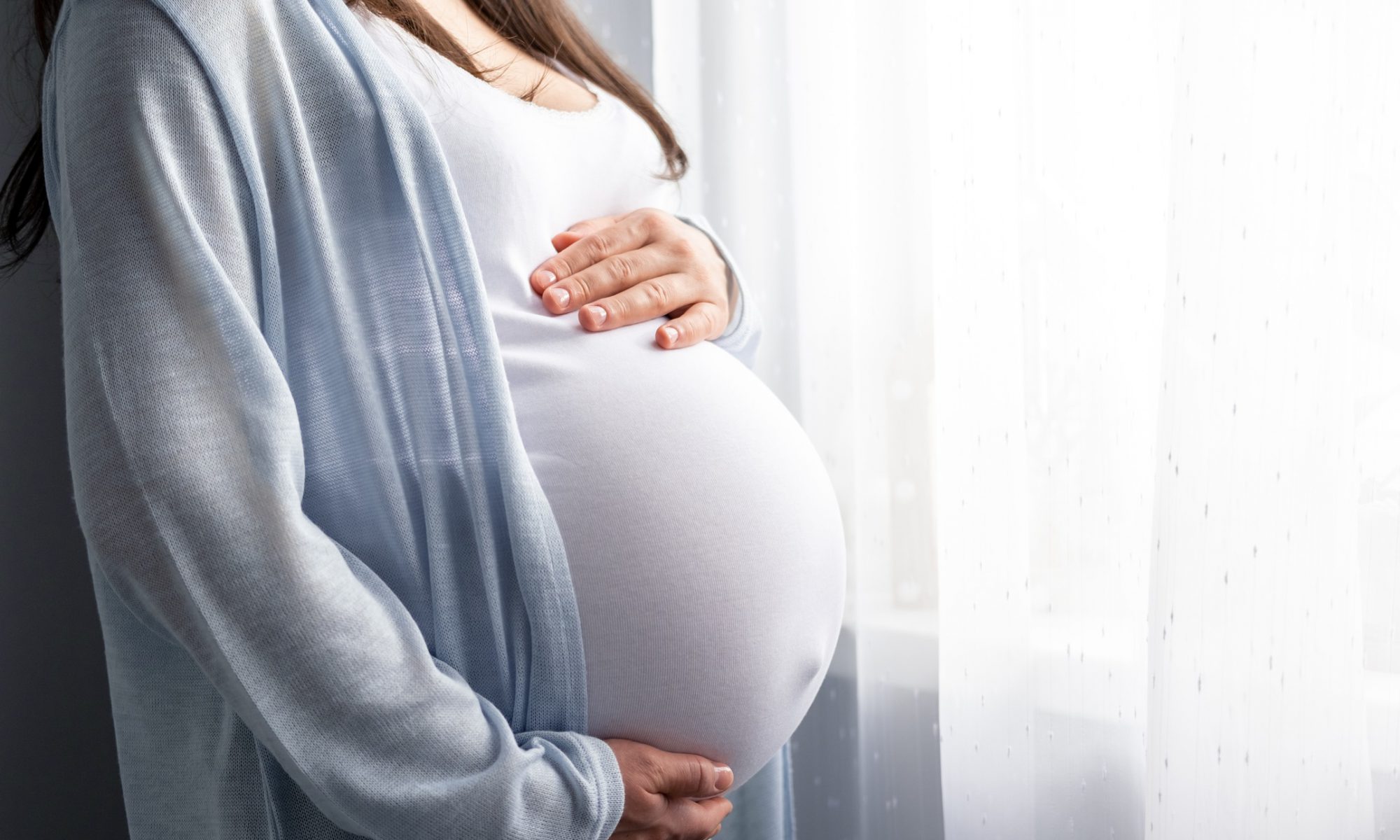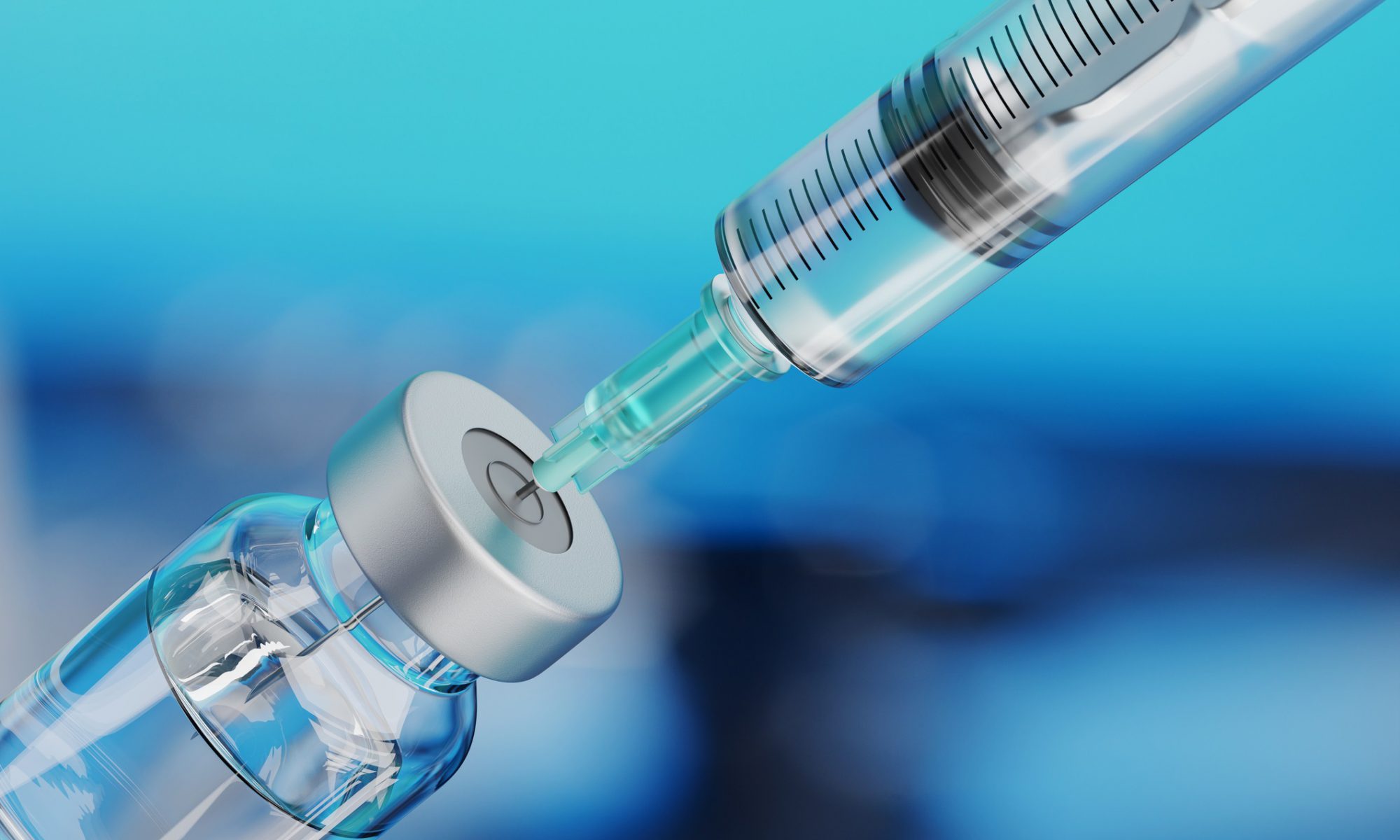By Annalisa Merelli
By the time his wife Glenda Daggert received a double organ transplant in 1999, Ira Copperman already had a lot of experience as a caregiver. The couple had been together for over two decades, married for one, and Copperman had become accustomed to helping Daggert manage her diabetes and its complications. Mixing insulin, going along for doctor’s visits, administering injections: it was all routine. Read the article in STAT.








